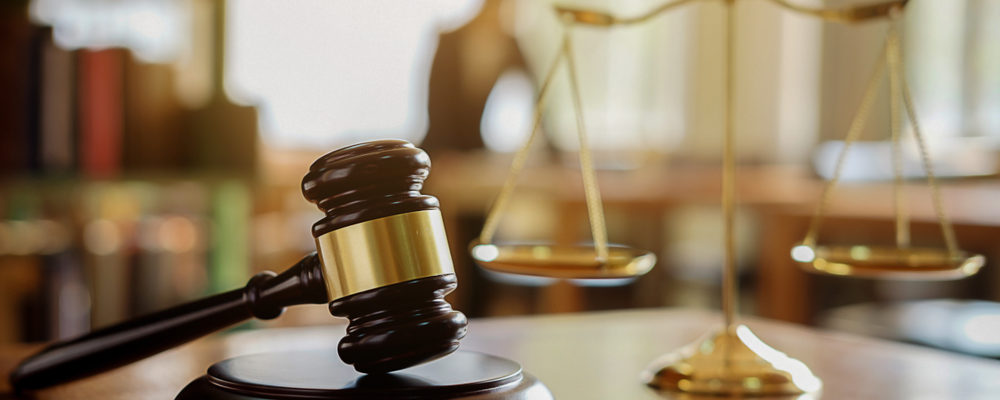Selecting a Litigation and Trial Lawyer

Selecting a lawyer for legal representation is a definitive process of resolving disputes through negotiation or fighting claims in court trials. Attaining optimal results in the state and federal court system directly stems from choosing adept and competent litigation and trial lawyers. How the trial and litigation practice work is at the core of any legal representation. Essentially, selecting your litigation or trial attorney is a personal choice. Make sure to research their educational background, professional experience, and even their reputation in the field of legal matters.
Imperative Difference Between a Litigation and Trial Attorney
There is a blurry delineation between litigation and a trial attorney. The distinction between the two is quite confusing, as such, it is integral to learn and know the difference between the two. Learning how litigation and trial practice work is crucial before making a decision. Essentially, a litigator can be a trial attorney, or a trial attorney can be a litigator, however, an attorney doesn’t have to be both. So, how does the litigation or trial practice work? What is the imperative difference between the two?
First of all, both litigation and trial lawyers do not deal with criminal lawsuits or disputes. Litigation attorneys are invested from the start to the finish of a certain case. Starting from the full investigation of the matter and gathering needed pieces of evidence that may affect the case are how litigators start their jobs. The Los Angeles business litigation also deals with cases and matters related to the practice of a litigator. Here, tons of writing and research is allotted to every detail of the case from the beginning and the end of the process.
On the other side of the coin, trial lawyers represent a client’s case in the courtroom. Trial attorneys practice their job by fighting a case in the trial room. By giving the opening statement, selecting the jury, cross-examining witnesses, interacting with the judge, concluding the closing argument, and finally, waiting for the verdict of the jury.
Key Takeaways
Consequently, litigators dance while trial lawyers fight. Essentially, not all cases are brought to courtrooms. As such, it is highly integral to choose an experienced and competent litigator or trial lawyer. Settling a case and seeing its optimal result until the end is the foci of the job description called upon litigation and trial practice.



Recent Comments